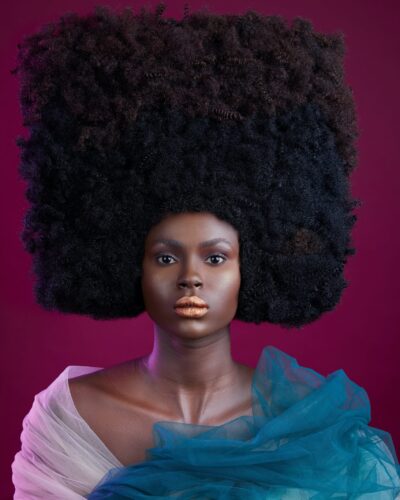A women’s rights advocacy group or more aptly described as a non governmental feminist organization in Windhoek, Namibia, Sister Namibia, formerly known as the Sister Namibia Collective, is dedicated to shining light on inequality, ensuring the rights and dignity of women are protected.
Founded in 1989 by Elizabeth Khaxis and Liz Frank on the eve of Namibia’s independence, the initiative’s aim is to help women find their voice, raising awareness about the political, social, cultural, legal, and economic systems of power which can empower or oppress the female gender.
The 1990s witnessed Sister Namibia expand operations to include educational programs, research, activism, media engagement, and cultural activities in support of women’s rights.
The Sister Namibia Collective was
born out of realization by
Elizabeth Khaxis and Liz Frank that most women in Namibia were ignorant about their human rights, so it was formed with aim of educating and informing women about their legal rights and to provide resources and skills so that women could claim these rights. Its main function at that time was to publish Sister Namibia Magazine “to speak out against all forms of oppression and discrimination against women, and to write women back into Namibian history.”
Sister Namibia Magazine, since 1989 has been published in three languages: English, Afrikaans, and Oshiwambo.
Sister Namibia works in coalition with many different NGO groups and organizations. Initiatives include:
The 16 Days of Activism against Gender Violence ian international campaign that began in 1991, Orange Day Campaign in partnership with the United Nations’: UNite Campaign Orange Day Action Plan, the campaign was established to raise awareness and fight gender-based violence inflicted on women and girls. The SisterPADS program run by Sister Namibia is committed to bringing agency and mobility to menstruating school girls and women by providing re-usable pads.
In 1993, the Sister Namibia Collective broadened its advocacy aims to become the first Namibian organization to actively defend the rights of lesbian and gay people.
“Sister Namibia has been amplifying women’s voices since 1989. From a focus on inclusion in a democratic post-colonial society back then, to a focus on responding to our realities on the ground now.”



